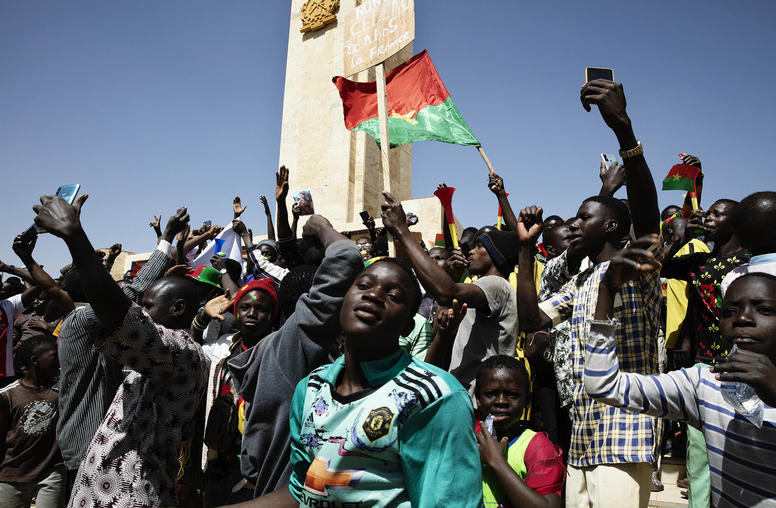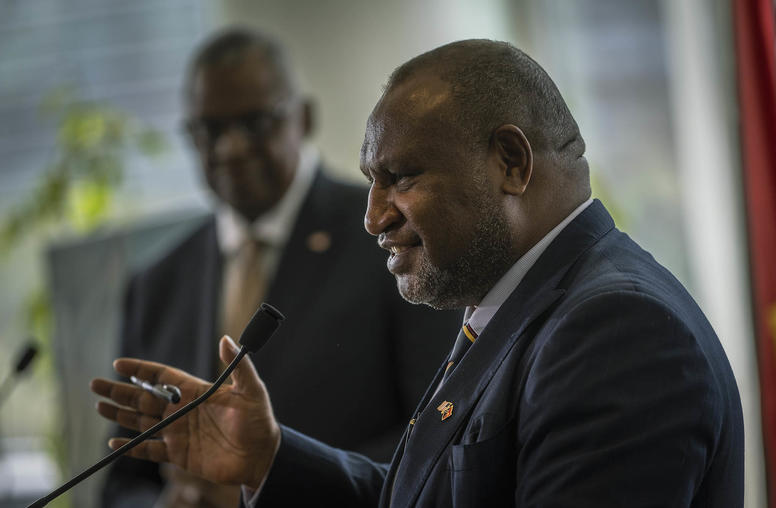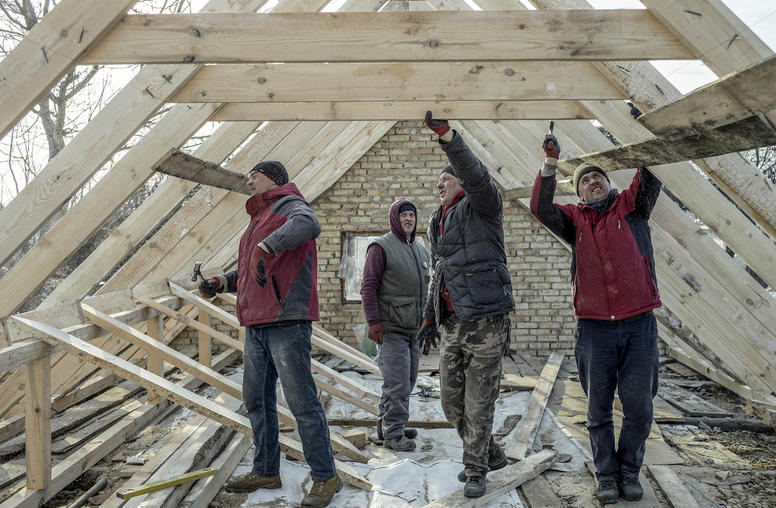Breaking Rules to Build Peace
The Role of Leadership and Accountability in Peacebuilding
Why do peacebuilders sometimes succeed and sometimes fail, even within the same country? Why can organizations not guarantee the same results from the same policies? Peacebuilders struggle to answer these questions and create programs with consistently positive results. The U.S. Institute of Peace discussed policy recommendations drawn from new research highlighting unexpected solutions to a long-standing challenge.
Organizations that work to build peace in fragile states often fail to meet the stated goals of the programs they design to resolve violent conflict. In her newly published book, Global Governance and Local Peace: Accountability and Performance in International Peacebuilding, Susanna Campbell dives into why peacebuilding organizations often fail and presents one of the keys to success: local actors that force organizations to stay accountable to local peacebuilding goals.
Experts discussed Campbell’s findings and how country-based staff can sidestep normal accountability procedures and empower local actors to push for innovative solutions to local problems. Take part in the conversation on Twitter with #GlobalGovernanceLocalPeace.
Speakers
Susanna Campbell
Assistant Professor, School of International Service, American University
Michael Barnett
Professor, International Affairs and Political Science, The George Washington University
Mike Jobbins
Senior Director of Partnerships and Engagement, Search for Common Ground
Kate Somvongsiri
Acting Deputy Assistant Administrator, Bureau of Democracy, Conflict, and Humanitarian Assistance, U.S. Agency for International Development
Leanne Erdberg, moderator
Director, Countering Violent Extremism, The U.S. Institute of Peace



